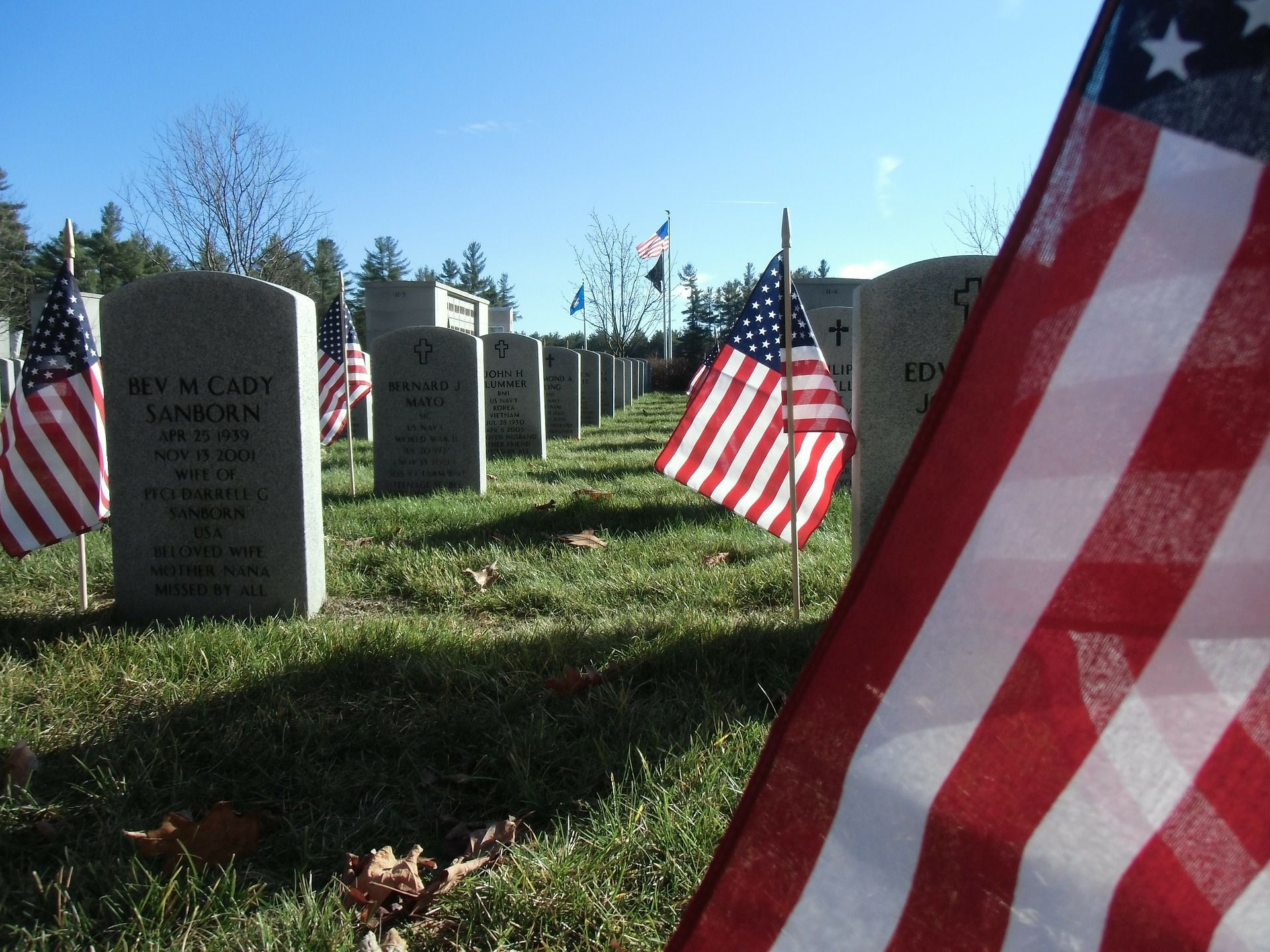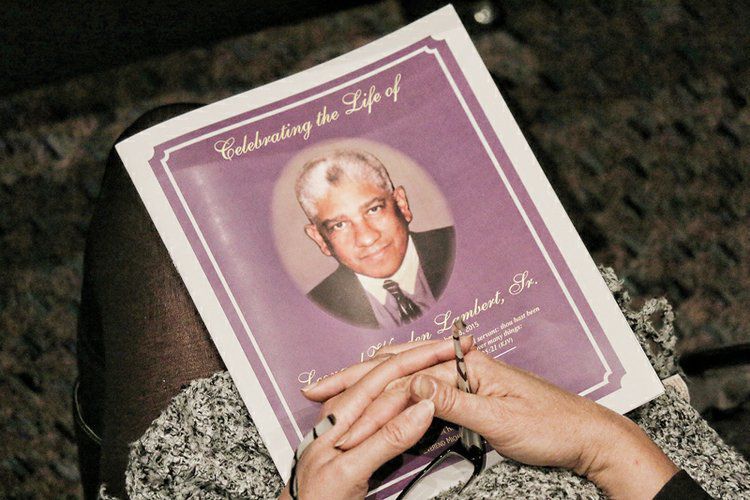How to Write and Deliver A Eulogy at a Funeral
One of the most important parts of most funeral services is the eulogy. A eulogy is a speech that celebrates the life of the deceased. Some funerals will have more than one eulogy, and some funerals will have no eulogy at all. Often, the family members that are planning the funeral will request a eulogy from friend or close loved one. The religious officiant of the funeral can also deliver the eulogy.
What Should I Include in a Eulogy?
Your eulogy should definitely include the things you loved about the deceased. The speech meant to be personal but also relatable, so while you should include anecdotes unique to your experience with the deceased, you should also include other stories from friends and family members.
When possible, humor is always a good idea—funerals can be stressful and tense, and a little joke can go a long way to making guests feel more comfortable. But humor isn’t always accessible when you’re grieving a loved one, so don’t try to tell a funny story unless it comes to you naturally.
If you are uncomfortable taking an emotional approach to a eulogy, it is also acceptable to highlight a person’s accomplishments and milestones in life. Mention their marriage, children and career, or discuss hobbies and passions.
How Long Should a Eulogy Be?
Like any speech, a eulogy shouldn’t be too long—never more than 10 minutes. Short and sweet is a good rule of thumb, but it’s also important not to be hasty or casual when writing and delivering a eulogy. Eulogies generally last between three and five minutes.
The length of your eulogy will depend on how fast you speak. Generally, between 400 and 900 written words will make for an appropriately timed eulogy when delivered orally.
Tips for Delivering a Eulogy
Above all, you must practice delivering your eulogy. It’s not enough to simply write the speech—you need to say it out loud several times to become comfortable with how it sounds.
When speaking publicly, remember not to rush—this is a common mistake and it makes your speech hard to understand. You should speak slowly enough that it feels a little unnatural. Also, use pauses throughout your eulogy so you can take a breath or a drink of water, and people can have time to process your words.
Try to notice and eliminate ticks like tapping your fingers, playing with your hair, or wringing you hands. These little habits are often unconscious to you but they can be distracting to the audience.
Your Eulogy Will Be Perfect
If the funeral planner requested a eulogy from you, it means they have faith in your ability to honor their loved one and you will undoubtedly rise to the occasion. Even if your eulogy wasn’t specifically requested, speaking from the heart is guaranteed to convey your sympathy for the family and your appreciation of the deceased. Remember that a eulogy is part of the grieving process for you and everyone else, so don’t put too much pressure on yourself.




